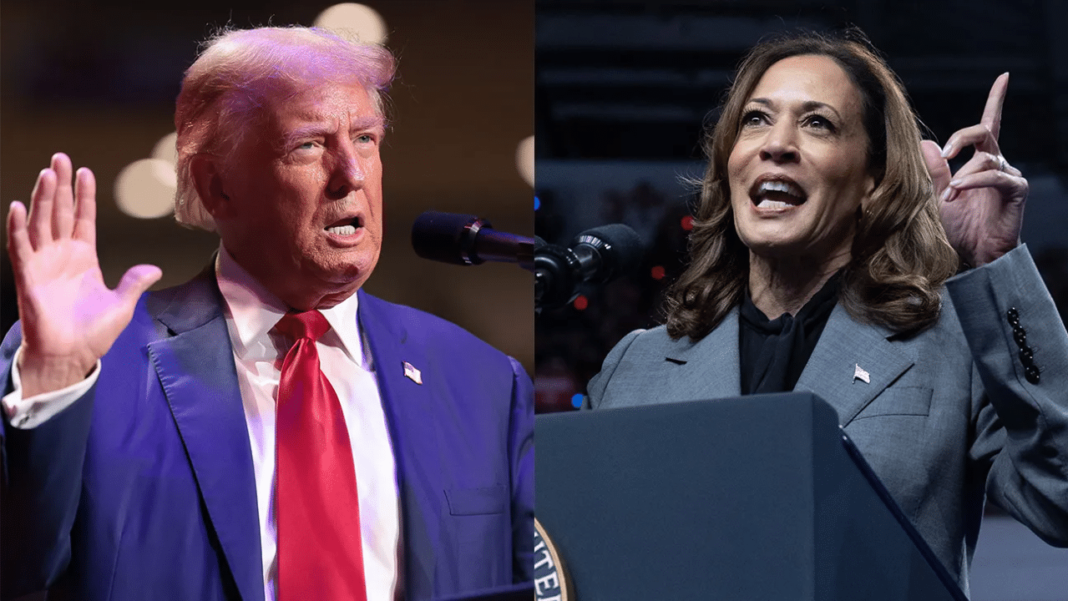According to the Associated Press, by 10:20 p.m. ET, she had 61.2% of the vote, well ahead of Deaton’s 38.8%.
Warren’s re-election to a fourth term reflects a growing divide in crypto regulations, as her campaign doubled down on criticisms of the digital asset industry. The two candidates represent opposing camps on the issue because Warren has taken a hard-line stance in opposition to the industry and Deaton has urged more accommodation.
Warren has stayed amongst the most outspoken crypto critics, calling for increasing control over digital assets for some reasons including, consumer protection, financial stability, and national security. She has many times referred to their cryptocurrencies as a means for facilitating scams, fraud, and financing terrorism, adding that this industry needs to be in full compliance with traditional financial sectors. In 2023, she introduced the Digital Asset Anti-Money Laundering Act to bring cryptocurrencies under the Bank Secrecy Act for heavy reporting and record-keeping so as to deter money laundering and other illicit activities.
Warren’s interest in regulating crypto was also noticed in her work on the Senate Finance and Banking Committees, where she called for more Agency oversight of such agencies as the US Securities and Exchange Commission and Commodity Futures Trading Commission. If not appropriately regulated, she says, digital assets will continue to pose significant risks to the financial system and consumers.
John Deaton gained notable backing from the crypto community, including high-profile contributions from figures like Ripple CEO Brad Garlinghouse and Gemini co-founders Tyler and Cameron Winklevoss. Especially his crusade against what he perceived as the hostile approach of the SEC towards digital assets; primarily, the case of the Commission against Ripple, the issuer of the XRP token. He further argued that the action of the SEC against Ripple was an overreach that has caused financial damage to the small investors, which estimated losses of more than $15 billion for retail investors.
During the campaign, Deaton positioned himself as a protector of crypto interests keen on reigning in what he saw as overzealous regulation. But Deaton’s closeness to the crypto universe proved a liability, too, as Warren implied he was more interested in “insider issues” than in serving the public interest.
Despite Warren’s win, Trump’s presidency will oversee a U.S. power structure that is now more in favor, than against crypto. That’s a sea change.
Source: StandwithCrypto
Heated Debates Highlight Regulatory Divide
The Warren-Deaton race featured intense debates that underscored their differences on crypto regulation. Warren repeatedly questioned Deaton’s motivations, highlighting his financial connections to the crypto sector. “If John Deaton goes to Washington, his crypto buddies will expect a return on their investment,” Warren argued, accusing Deaton of favoring the industry’s interests over those of working-class Americans.
Deaton fired back by criticizing Warren’s focus on crypto at the expense of other pressing issues, such as inflation and border security. He expressed frustration with what he termed Warren’s “anti-crypto army,” asserting that her attention to the crypto sector diverted from addressing challenges affecting lower- and middle-class constituents. The exchanges underscored their conflicting visions: Deaton saw crypto as a tool for financial innovation and inclusion, while Warren viewed it as a potential threat requiring strict oversight.
Pro-Crypto Candidate Bernie Moreno Wins Ohio Senate Seat, Replacing Sherrod Brown
Republican candidate Bernie Moreno defeated incumbent Democratic Senator Sherrod Brown in the Ohio Senate race, securing his position with 50.6% of the vote, according to the Associated Press. Moreno, known for his pro-crypto stance, co-founded ChampTitles, a company leveraging blockchain technology to issue car titles. His campaign received $12 million from the super PAC Fairshake, aimed at unseating Brown, who had held the Senate seat since 2007.
With Brown’s departure, Sen. Tim Scott, R-S.C., the top Republican on the committee, is positioned to assume the chairmanship. Scott has recently voiced support for the digital asset industry and proposed a framework to regulate digital assets, along with a potential subcommittee dedicated to the sector.






